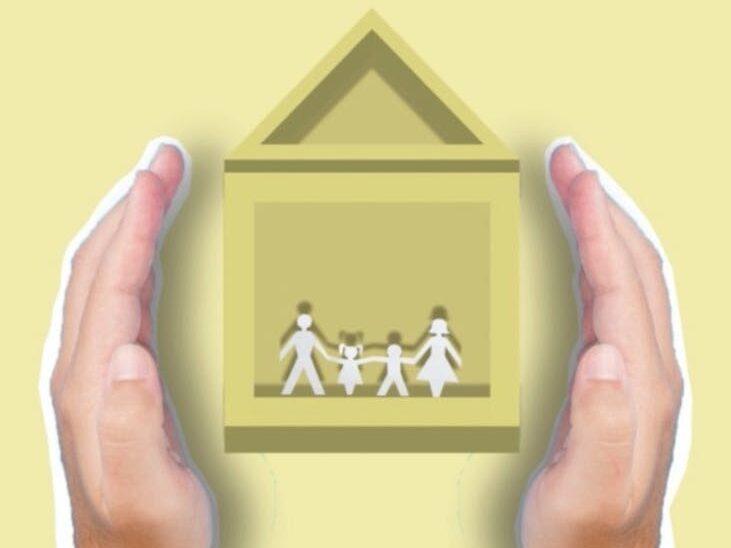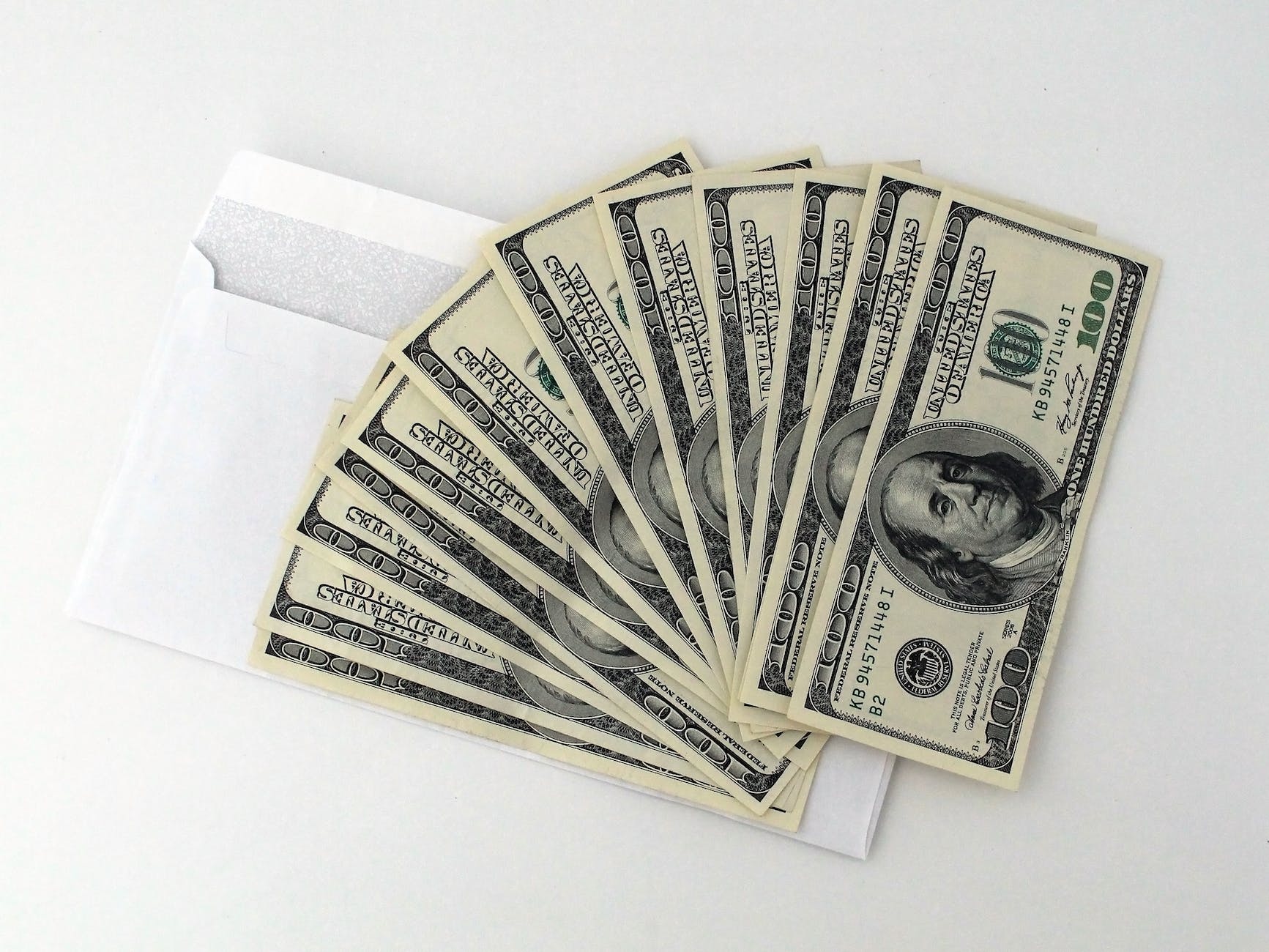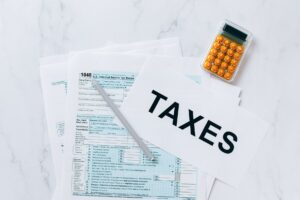Veterans and active military personnel have had access to VA loans, sometimes referred to as military home loans, for many years. The VA home loan was developed in 1944 by the American government to assist World War II veterans in buying homes when they came home after the conflict.
The VA home loan programmed, which helped veterans, active duty service members, and their families buy or refinance a house over the course of its 75-year history, has insured more than 25 million loans. The VA home loan, its advantages, who is eligible, and other topics will be covered in more detail in this article.

What is a VA Home Loan?
The VA house loan programme, also known as the Department of Veterans Affairs (VA) Home Loan programme, insures loans given to qualified Veterans, Service members, Reservists, National Guard members, and certain surviving spouses. In essence, the VA guarantees or insures a portion of the loan, making it easier for the Veteran to get a no-down-payment mortgage at a competitive interest rate without the need for private mortgage insurance.
It’s crucial to remember that the VA does not issue loans. Instead, the government guarantees a portion of the loan as part of the programme to make approval easier for qualified candidates. In order to obtain cheap financing, borrowers must locate a private lender that takes part in the VA loan programme.
What Are the Requirements?
To be eligible for this programme, applicants must fulfil particular VA home loan conditions. Candidates must first fulfil the minimal service requirements, which must be met if you served at least:
90 days in a row of active duty
90 days in a row during a conflict
181 days in a year of calm
Served in the National Guard or Reserve for at least six years
serving 90 days in total under Section 10 or Title 32 (for Title 32 service, at least 30 of those days must have been consecutive)
You are the spouse of a military service member who passed away in the line of duty or suffered a disability as a result of their service.
What Are the Benefits?
Veterans who might not otherwise be eligible for a house loan can purchase a home thanks to a number of VA loan perks, such as a no down payment option and lenient credit standards. Continue reading to learn more about the top five financial advantages of a VA home loan.
In terms of VA home loan perks, this is probably at the top. No down payment is required for qualified VA home loan borrowers to acquire up to the conforming loan maximum in their county or as determined by the lender. This incentive is fantastic for veterans who lack the funds to make a down payment because it might take years to save up that much money, which reduces their prospects of becoming homeowners.
If borrowers are unable to come up with a sizable down payment, which can amount to as much as 20% of the home’s purchase price, they are typically required to pay private mortgage insurance (PMI), which can raise the cost of their home loan application. Mortgage insurance is not necessary for VA home loans, though. Instead, there is a required funding fee that applicants must pay, which the lender collects at closing and sends straight to the Department of Veterans Affairs. The only group exempt from paying this fee is those with a disability related to their service. As the VA home loan programme doesn’t call for down payments or ongoing mortgage insurance, this charge assists in lowering loan costs for American taxpayers and ensures the program’s continuation.
Contrary to popular assumption, VA purchasers can obtain financing even with less-than-perfect credit thanks to lenient VA guidelines. Nevertheless, since private lenders ultimately decide whether to approve a loan application, borrowers must speak with the lending company to learn the precise credit score requirements needed to submit a VA house loan application.
Even with VA home loans, closing expenses are a necessary part of the house purchase process. Another advantage of a VA home loan is that the VA restricts the fees and expenditures veterans can pay at closing. The VA additionally stipulates that the seller’s concessions cannot amount to more than 4% of the total mortgage. The VA funding fee is the sole closing expense that is covered by this provision; loan discount points are not. While qualifying for the benefit, a VA home loan professional can go into further depth about the requirements and specifics regarding closing fees.

What’s the maximum loan amount?
The maximum amount you can borrow with a VA home loan is not set by the VA. The VA does, however, have a maximum on the insurance the VA home loan lender can give, which could force the lender to set a loan ceiling. In general, the maximum loan amount will vary amongst lenders. Also, the amount you can borrow again with no down payment if you’ve already received a VA loan might be less.




